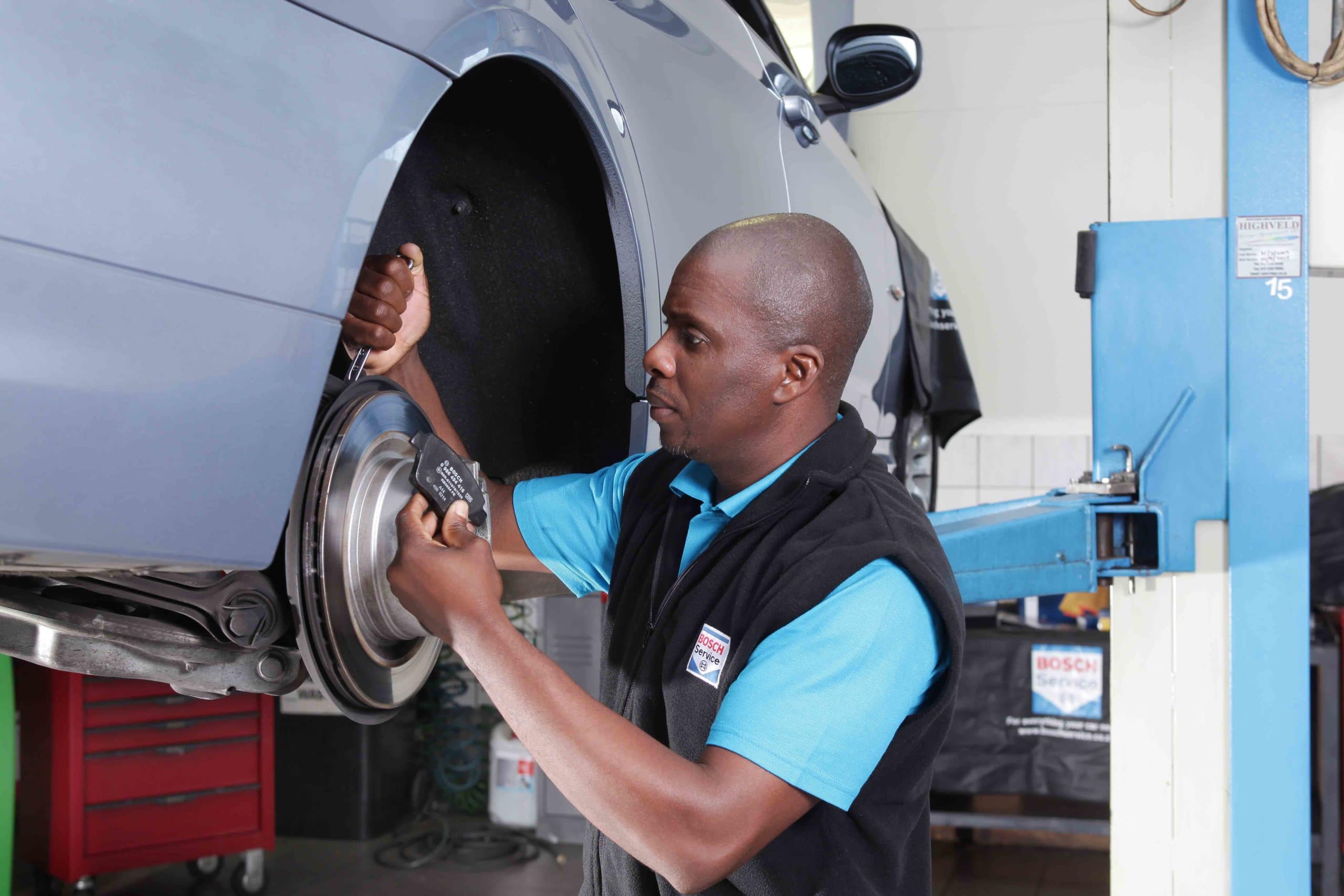Written by Yves Nono: Regional President – Automotive Aftermarket at Bosch Africa
Africa has one of the world’s fastest-growing populations. Early 2021 the United Nations estimates that the continent has 1.38 billion inhabitants, which will grow to 2.5 billion by 2050. It’s also the world’s youngest continent, with almost 60% of the population under the age of 25.
More people are entering the labour force, which drives the growth of an emerging middle class. Young populations, together with rising incomes and increased purchasing power, provide huge opportunities for the continent’s auto industry. Consumers with more cash in their pockets will look for safe, convenient, reliable and environmentally friendly forms of transport, and will be more prepared to pay for after-purchase services.
In addition to the severe impact of the Covid-19 pandemic, economic growth across African has faced many challenges over the years, from lack of investment to insufficient manufacturing capabilities, skills shortages, infrastructure demands and unstable energy supply. The African Union noted that only 16% of goods manufactured in Africa are traded on the continent. With the introduction of the African Continental Free Trade Agreement (AfCFTA), the face of Africa is transforming, providing opportunities for free movement of goods and people. AfCFTA holds the capacity to reshape markets and economies and accelerate growth across more than 50 African countries. It can also play a major role in unlocking the continent’s automotive aftermarket potential.
The automotive aftermarket industry is the market for replacement motor vehicle parts, accessories, components and tools, after a vehicle has been sold to a consumer. It includes the repair services and maintenance that dealerships sell to consumers.
Loading...
Today, there are approximately 60 million vehicles in operation on the continent, with an automotive aftermarket size estimated in excess of 30 billion Euro. Taking this into account, Africa has similar needs compared to matured markets like Europe. Such as:
- affordable and reliable parts to support sustainable daily vehicle repairs and maintenance
- technical competencies and professional skills to understand the increasing complexity in the vehicle architecture
- certified maintenance workshops to service all makes and models of vehicles with minimum standards
- accessible vehicle diagnostic tools to diagnose vehicle status, and recommended repair guidelines
- well-developed distribution networks to ensure part availability, not only in urban areas
- accurate vehicle data to help assess real demand and improve forecasting
All of these needs have to be supported by relevant in-country regulatory and policy frameworks, to foster and unleash the potential of the local automotive aftermarket.
Overcoming obstacles and challenges
The automotive aftermarket industry is an important contributor for countries in Africa, helping to build economies, to improve road safety and to enrich the quality of life for all Africans. While it is undergoing an essential transformation, this industry sector also faces many challenges. These include but are not limited to:
- counterfeit or second-hand spare parts from scrap yards used as a cheaper alternative to buying genuine reliable parts
- low offer of localised spare parts manufacturing
- skill scarcity of mechanics, as well as mobility user awareness (e.g. total cost of ownership)
- fragmented and undeveloped distribution network making affordable logistics challenging
- lack of transparency in regard to imported used and new vehicles (e.g. origin data missing)
- small volume of qualified repair or maintenance workshops
- volatile trade barriers affecting imports
Despite all these challenges several opportunities exist, as the demand for quality, affordable automotive spare parts and maintenance services steadily increases through rapid urbanisation and the emerging middle class. This growing demand will in certain cases justify the need for the local manufacturing of vehicle components, in order to remain competitive. In addition, the ongoing mega trends, such as e-commerce, connectivity, electrification and digitalization, could become a game-changer for the development of the automotive aftermarket in Africa.
Leading the way in Africa
Bosch was founded in Stuttgart in 1886 as a workshop for precision mechanics and electrical engineering, and it opened its first car service in Hamburg in 1921. In the past century, the Bosch Automotive Aftermarket organisation has established itself as the world’s largest brand-independent workshop network and has cemented its position as a reliable and innovative mobility partner.
The Bosch Automotive Aftermarket division has been present in Africa since 1951 and is today located in 6 countries, with local teams on the ground serving more than 40 African countries. The division’s business activities and solutions portfolio includes spare parts trading, maintenance workshop development, diagnostic support and technical training centre deployment.
As a key player in the automotive aftermarket sector, Bosch has done significant work in Africa in the past ten years to address the difficulties faced by the industry. While there are major challenges facing the automotive aftermarket, there is also considerable potential. By addressing the demands and obstacles of this industry, the automotive aftermarket can drive much-needed growth on the continent.
Watch our latest webinar: Exploring the face of the Automotive Aftermarket in Africa – YouTube
Loading...
